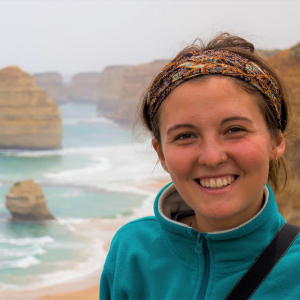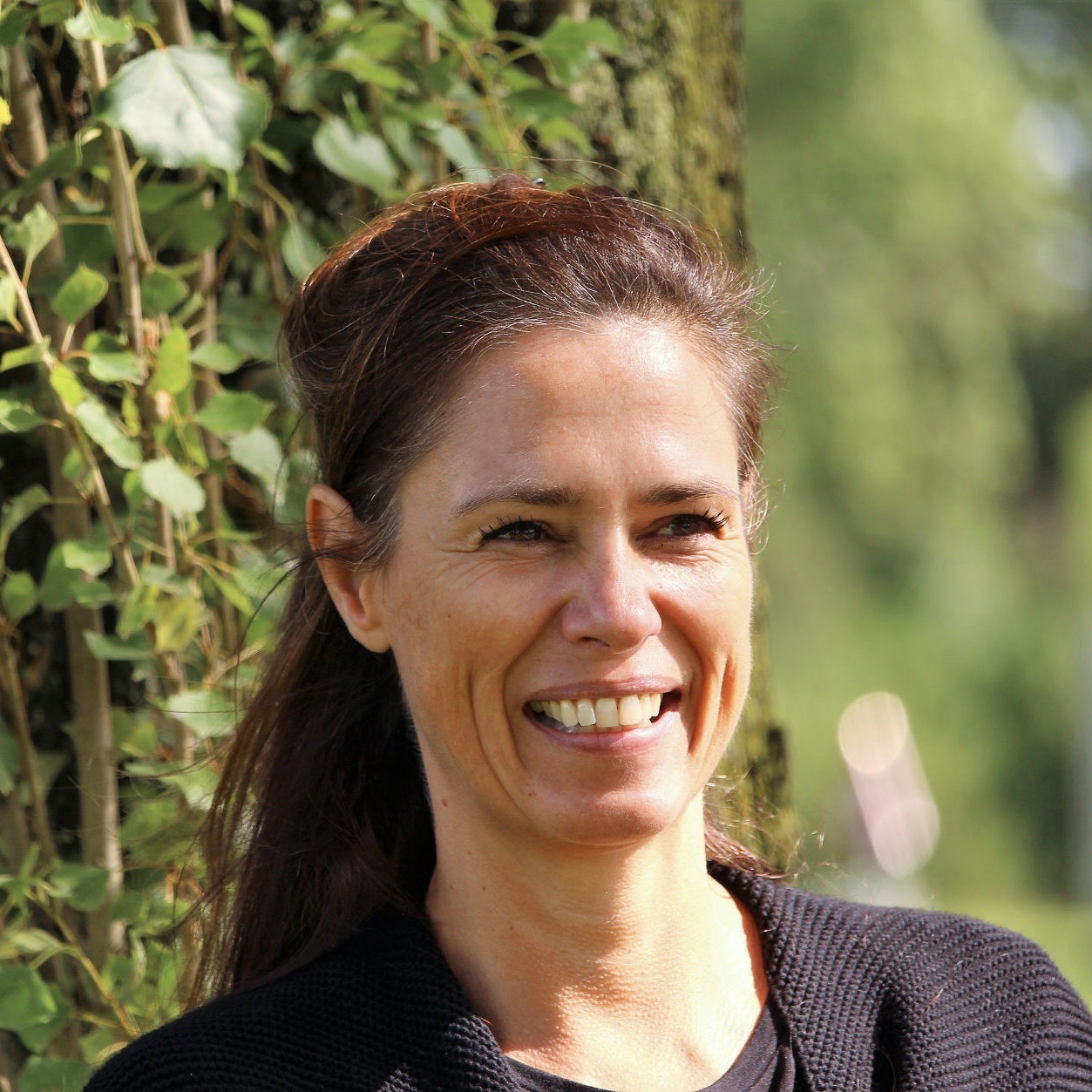Julot Westermeijer

My name is Julot and I am currently studying Environment & Resource Management, with a specialization in global food systems. During my bachelor's degree in Communication Science, I spent a semester in Canada following several courses on Women's and Gender studies. I learned about gender in the general discourse, organizations and public policy. After my bachelor's degree, I spent about 7 months travelling, mainly in Southeast Asia and Australia. After my current studies, I hope to do an internship in Kenya and gain some more hands-on experience.
Simone Langhorst

Hi, my name is Simone and I am a consultant at Q-point. I am not only a colleague to Olivia, but I am also a mom, a life partner, a daughter, a sister, a friend, a neighbour, a member of a sports club, an owner of a small marina, and a citizen of the Netherlands. What's more, I am an advocate for gender equality and inclusiveness, which makes me a feminist.
For me, feminism does not mean that for women to be equal to men, they have to be like men. Feminism means that all humans are free to make their own choices and develop their own and personal abilities without being limited to certain gender roles, stereotypes or prejudices. That, for me, is a human right. And human rights are inherent to all human beings, regardless of gender, race, ethnicity, religion, or any other status. Everyone should have the choice to follow their own path and pursue their own dreams and ambitions, whether it is in line with what is expected or not. However, this is not a reality yet: certain groups of people structurally experience fewer opportunities. Cultural and traditional views, low social acceptance, strong hierarchies, a lack of facilities (such as childcare facilities) and the absence of a safe environment are all examples of factors that can limit the freedom of choice of women and men, both young and old.
In many capacity building projects where I have worked in or am still working in, gender inclusiveness is a recurrent theme. I believe that it is important to keep it on the project agendas in order to make and sustain positive changes. In the end, gender equality and inclusiveness will benefit all individuals in a society because it enables people to reach their full potential. This will positively impact local economies, but also have a positive impact on food security and value chains. In several Nuffic projects where Q-point is or was involved in, for example in Kenya, Ethiopia, Rwanda, we worked on gender mainstreaming in the curriculum of educational institutions, on setting up facilities for girls and women to enable them to follow their education, and on creating safe environments for women and girls within these institutions.
My personal background is in Business Administration and Economics, with a major in Management of Technology and Innovation. One of my interests and expertise is that of entrepreneurship and incubation centers. Setting up a business, especially for women and youth, is in many cases not an obvious choice. However, I believe it can be a sustainable solution for the high unemployment rates in countries with a fast-growing population, while also adding to an innovative climate and having a positive impact on food security. For me, this makes the combination of entrepreneurship and incubation programs and women and youth a solution with very high potential.
